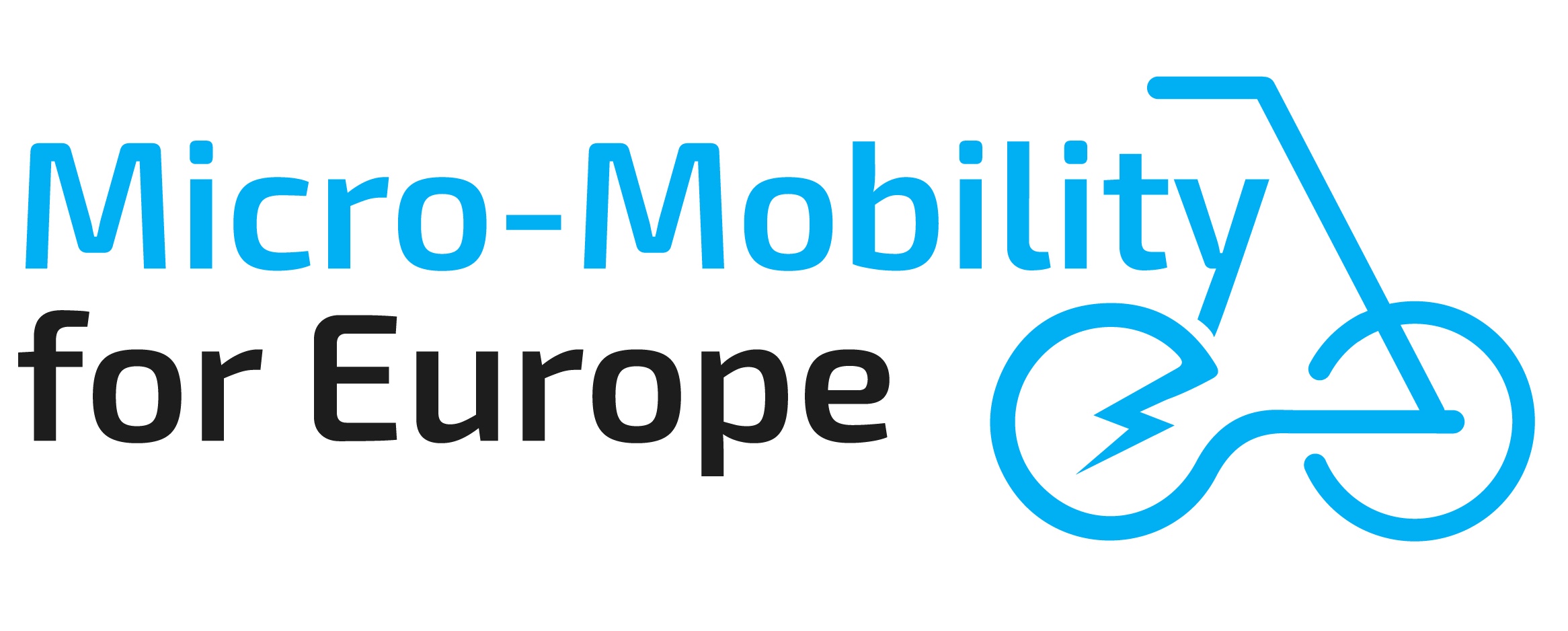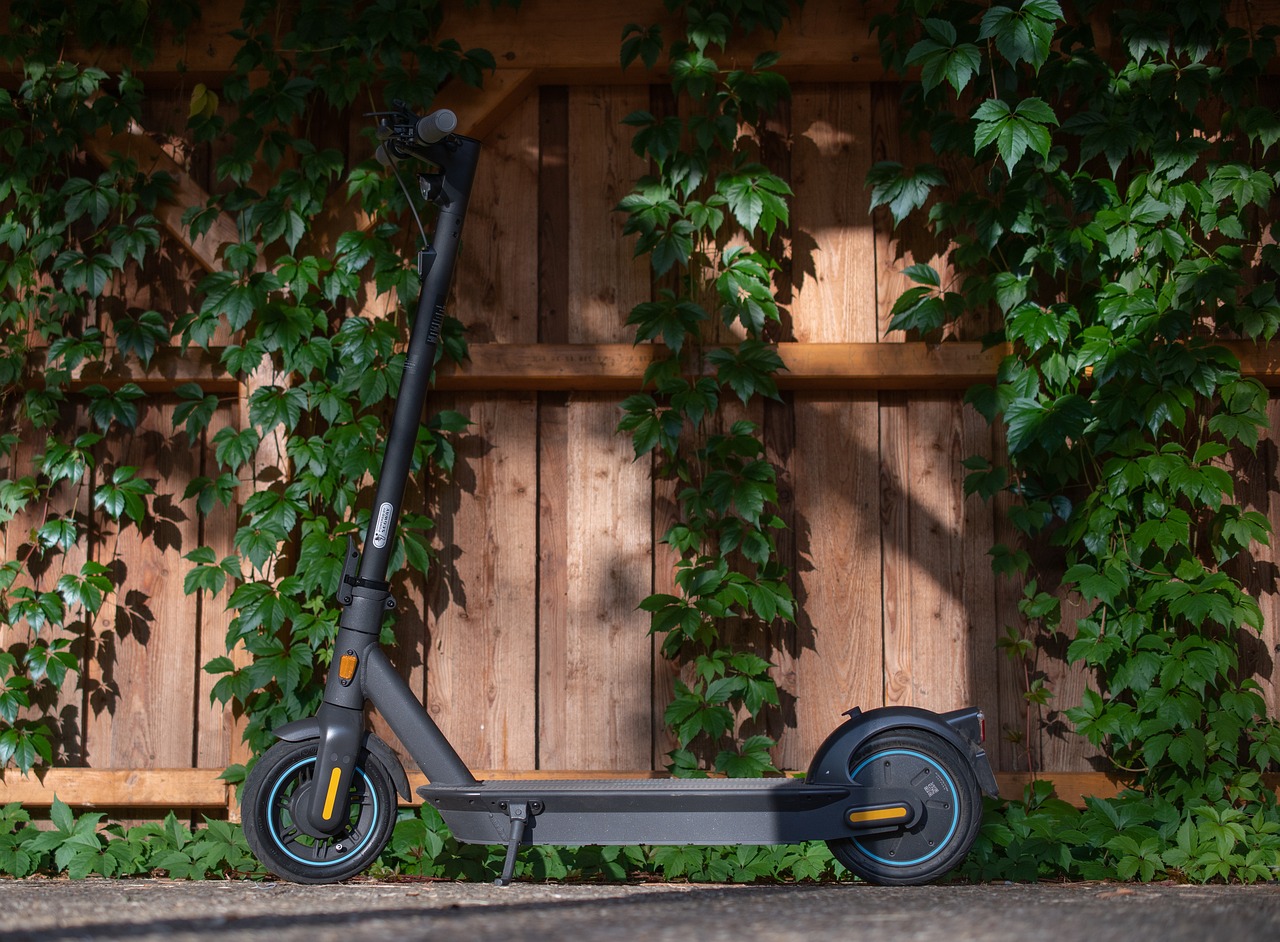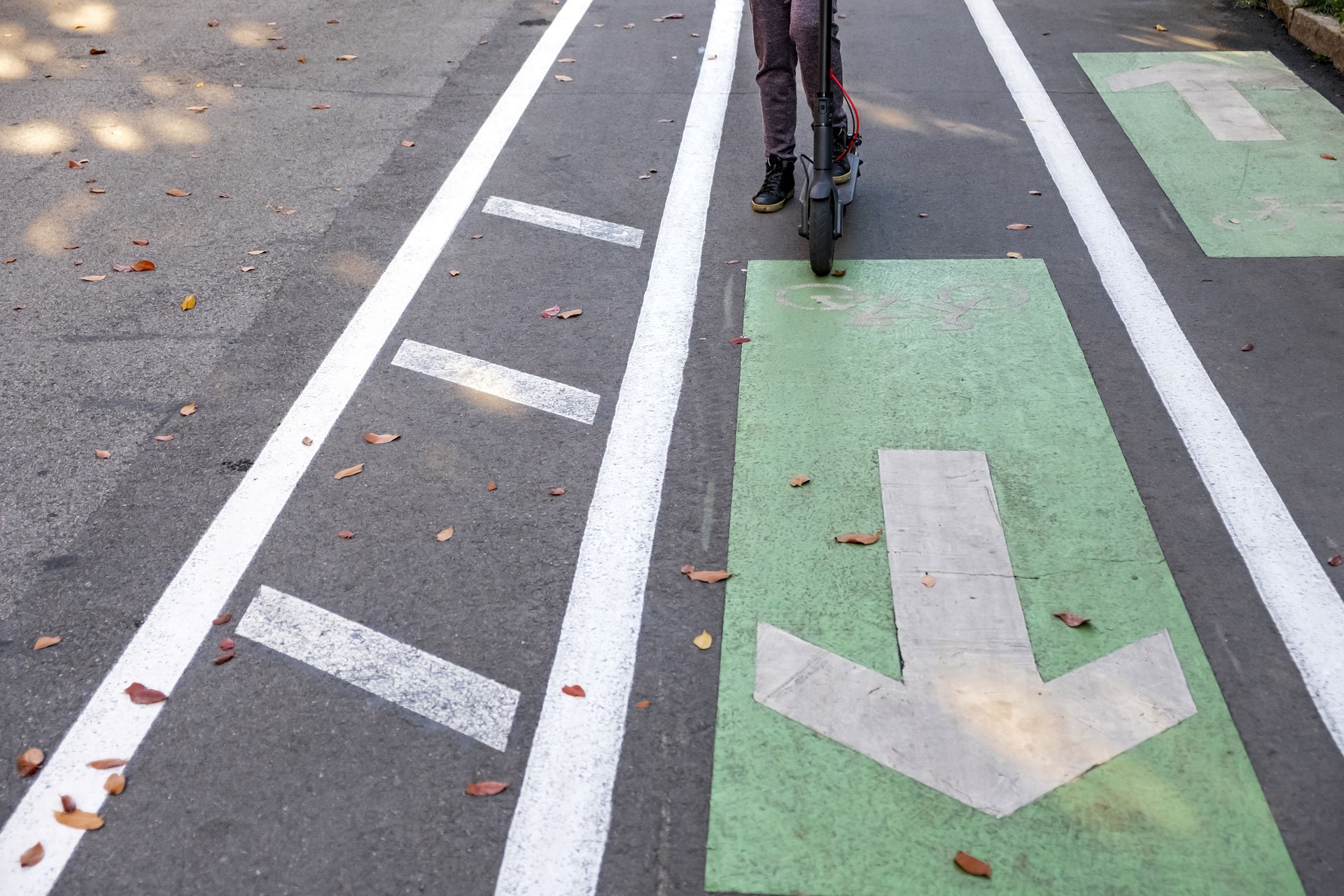March 2021
Congestion, air and noise pollution are serious challenges affecting cities and urban environments, as well as the people living and working there. Micro-mobility solutions and e-scooters can help alleviate such pressures on urban transport networks, boost sustainable mobility in cities, and contribute to improved air quality.
On March 10th 2021, Micro-Mobility for Europe attended a parliamentary hearing organised by MEP Ismail Ertug (S&D, DE), rapporteur for the TRAN Committee own-initiative report on the Sustainable and Smart Mobility Strategy (SSMS).
This meeting was an important opportunity to position Micro-Mobility for Europe as a key player in the sustainable and smart mobility space, raising the contribution of the industry to cleaner, smarter, and more sustainable urban transport system. The coalition shared views on a range of topics which included:
- How micro-mobility solutions and e-scooters can help alleviate pressure on urban transport networks and help cities redesign and rethink their usage of space by offering alternatives to car ownership and use.
- The recognition of the need to develop a framework that ensures micro-mobility solutions flourish in cities and deliver on their potential for emission-free transportation.
- The benefits provided by the data generated by operators and providers of micro-mobility solutions. These valuable data can help cities better understand traffic flows or provide useful insights into traffic bottlenecks and help future infrastructure planning. Best practices should be developed in the field of data collection, data sharing and data governance to further leverage the potential of these new data generated by micro-mobility solutions.
Concluding the hearing, MEP Ertug noted several recurrent issues and topics put forward by participants, including the need to pursue an emissions reduction agenda, the importance of infrastructure expansion for electric and hydrogen mobility through the revision of the Alternative Fuels Infrastructure Directive (AFID), the need to promote micro-mobility solutions and the growing importance of digital solutions within the transport sector.
Further information:
Sustainable and Smart Mobility Strategy
Published in December 2020, the Sustainable and Smart Mobility Strategy lays out the long-term vision for Europe’s mobility system and identifies policy tools and 82 actions to guide the European Commission in making all transport modes more sustainable, bolstering their resilience and inducing digitalisation.
European Parliament INI report
The European Parliament is currently preparing a non-legislative response to the SSMS. This response will outline the European Parliament’s perspective on the long-term decarbonisation of transport and give concrete feedback on the specific legislative actions outlined in the SSMS. The draft report from MEP Ertug is available here.


